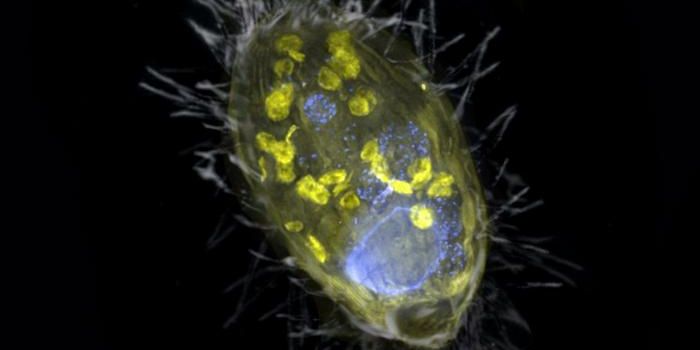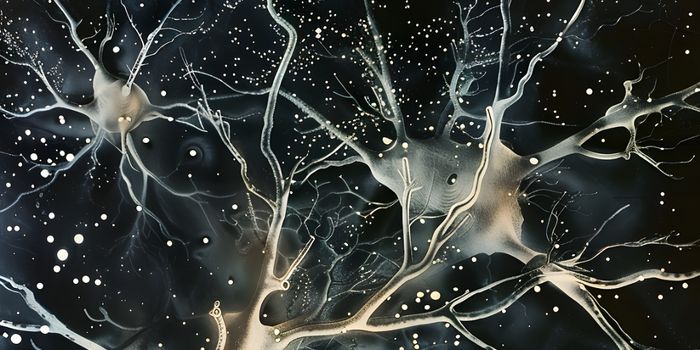Worms Evolved to Self-fertilize, Lost 7000 Genes
Worms that can reproduce by fertilizing themselves might have lost around a quarter of their genome to do so, scientists at University of Maryland (UMD) found. While most animals need a pair to produce offspring, some worms have evolved the ability to do it on their own, called selfing. Some of the genes that were jettisoned give male sperm a competitive edge.
"Our results suggest that genes that are essential for tens of millions of years can suddenly become useless or liabilities, even, when the sex system changes," noted Eric Haag. He is a professor of biology at UMD and lead investigator of the work, which was reported in the journal Science.
Haag’s group studies hermaphroditic Caenorhabditis briggsae worms, which evolved the selfing ability a million years ago. After comparing their genome to close relatives that still breed in pairs, C. nigoni worms, investigators found that there were about 7,000 fewer genes in the C. briggsae genome.
The primary difference between the worms is their mode of reproduction. The scientists wanted to see if the gene loss was directly related to the selfing ability. It turned out that the majority of lost genes were also more active in males of the C. nigoni species compared to females. To see if the absent genes were related to sexual functions, the investigators looked at a group of "male secreted short" (mss) genes possessed by C. nigoni, and not C. briggsae. The team already knew that mss genes are only active in male worms that breed in pairs.
The research team removed mss genes from a breeding species, Caenorhabditis remanei, using the CRISPR tool. As a result, sperm from edited males could not compete against sperm from unedited males. Interestingly, the reverse was true. After inserting mss genes into worms, the team saw that the resulting sperm could outcompete other sperm.
"The fact that all the selfing species lost the mss genes suggests that these genes, which are very useful for worms having male-female sex, are harmful for worms that are no longer having sex with each other," Haag explained. "What we are seeing is an evolutionary snapshot of how a species fine-tunes its reproduction."
Selfing worm species may have lost their mss genes because it is harmful to carry competitive male sperm, Haag suggested.
"We have started to compare the growth of C. briggsae populations with and without mss genes, which allows us to test whether mss genes may have been driven out of the genome of C. briggsae by selection," said Da Yin, a graduate candidate. "Our hypothesis is that C. briggsae populations with mss genes will grow slower because of their higher number of males."
Haag and his collaborators now plan to study how mss genes make sperm competitive. They also want to assess the rest of the lost genes to learn their function in C. briggsae.
"A very small, but important, number of genes might have very long-standing roles in male-female mating - roles that go back to the beginning of animal life, 700 million years ago," noted co-corresponding author Erich Schwarz, assistant research professor of molecular biology and genetics at Cornell University.
Sources: AAAS/Eurekalert! Via UMD, Science








